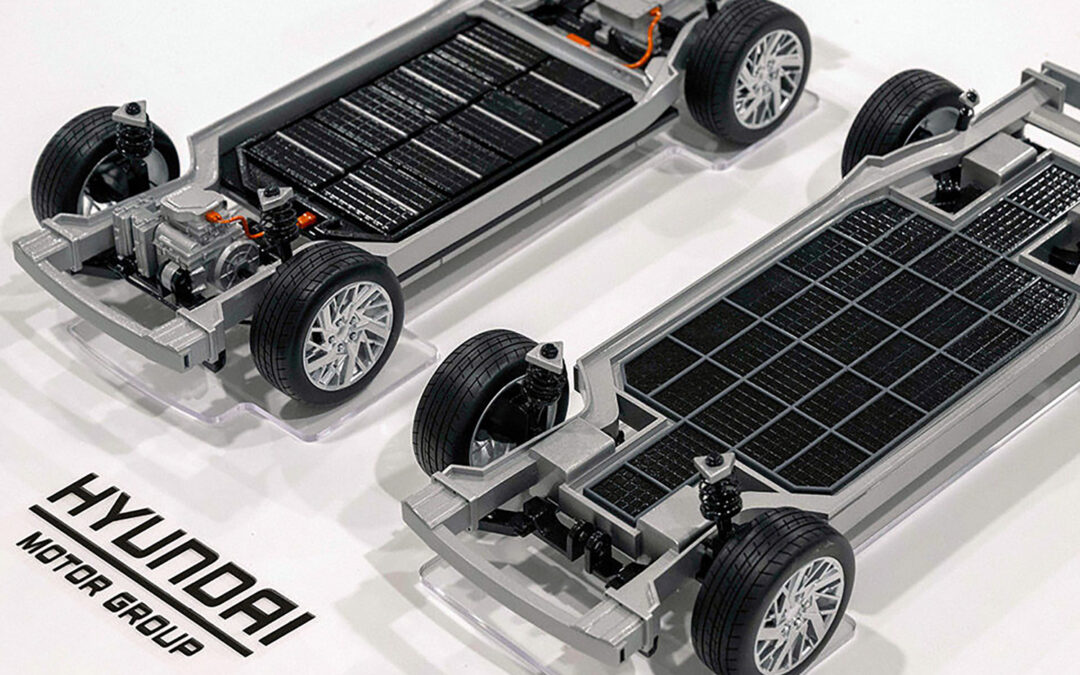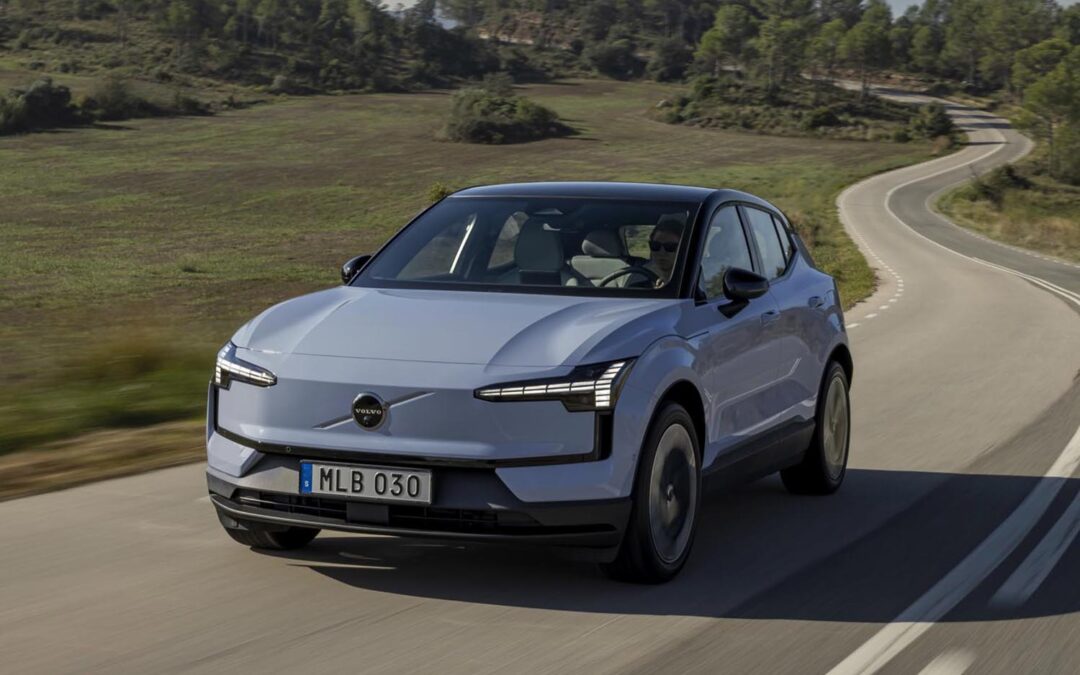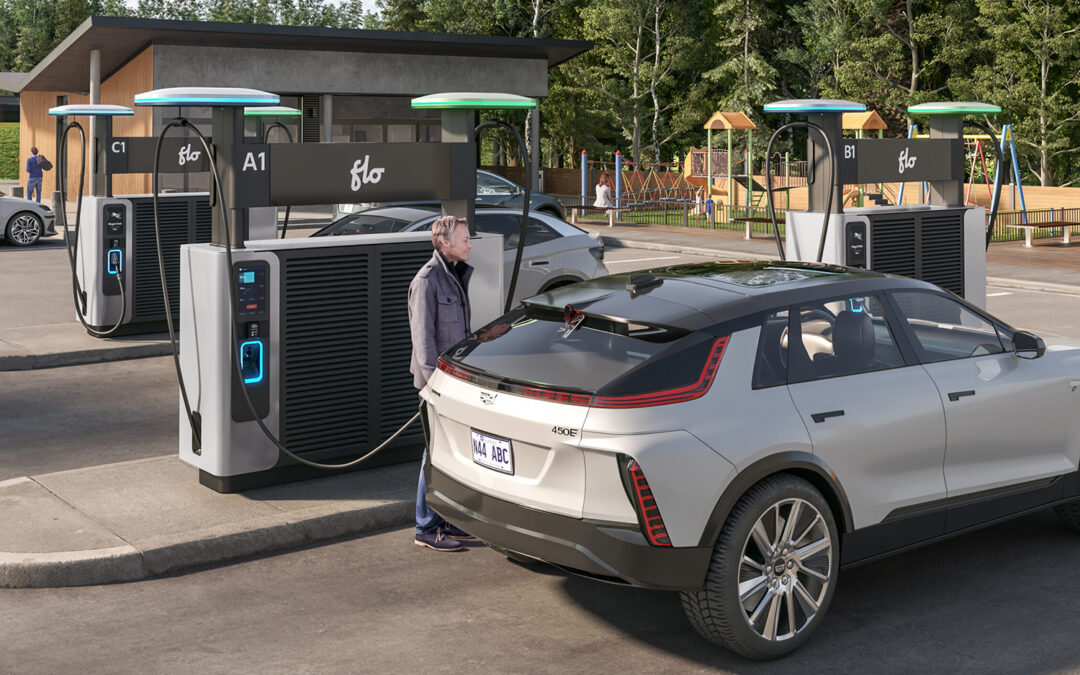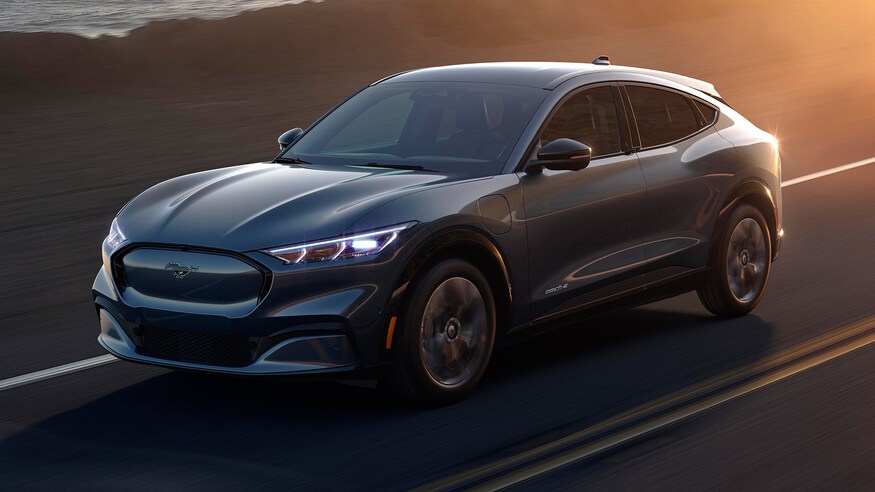When considering making the switch from a gas-powered car to an electric vehicle, one of the primary selling points cited by consumers is affordability. While many popular EVs boast a relatively steep sticker price, they do not require gas or regular scheduled maintenance, which makes the cost of ownership quite appealing over the long-term. However, a new report from Energy Innovation claims that EVs also have cheaper total monthly costs from day one for “most buyers” in the report’s test market of the United States.
The report acknowledges that a common barrier to EV adoption in the US is the perception that EVs are “too expensive to seriously consider”. To get to the bottom of this, Energy Innovation expanded on the total cost of ownership calculation, looking at monthly costs over the length of a six-year financing term.
The analysis took into account financing costs, fuel (based on average fuel costs as of May 4 and average electricity costs), maintenance, insurance, EV incentives, and EV fees in the states where they have been implemented. The report looked at six vehicles with “similar gas and electric versions” including:
- Hyundai Kona SEL vs. Hyundai Kona Electric SEL
- Hyundai Kona Limited vs. Hyundai Kona Electric Limited
- Ford F-150 XL vs. Ford F-150 Lightning Pro
- Kia Niro EX Premium vs. Kia Niro EV EX Premium
- Volvo XC40 Inscription vs. Volvo XC40 Recharge Plus
- Nissan Versa S Xtronic CVT vs. Nissan LEAF
It’s important to note that this analysis is not perfect, as the cars selected are not direct comparisons; however, they are close enough to offer some key insights. According to the report, when comparing all of these costs for each vehicle and each state, EVs were cheaper on a monthly basis than most cars in most states.
Since this analysis only spanned over the financing term, there are even further potential benefits to consider during the post-financing term, where EV costs are reportedly lower across the board for every car.
While this is incredibly exciting, it’s important to note that Energy Innovation’s favourable findings rely on the application of a US federal tax credit of $7,500, which is subject to change and/or expiration for some vehicles. Moreover, Canadian tax credits vary from those offered in the US, with select EVs and hybrid vehicles qualifying for $2,500-$5,000 in rebates, and more in select provinces.
The report ends with a suggestion for Congress to extend and even expand upon EV incentives, to ensure the continued adoption of EVs both now and in the future.






